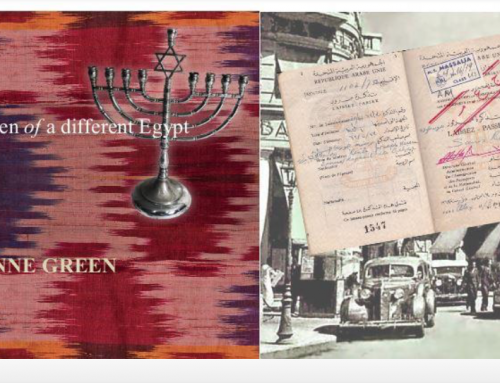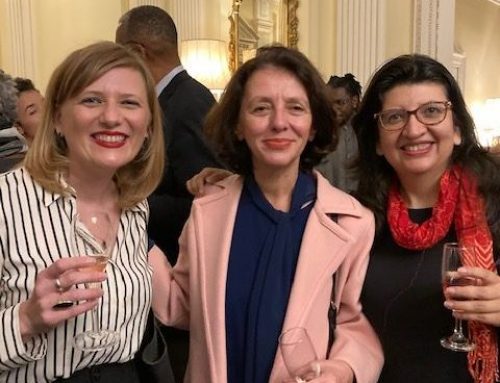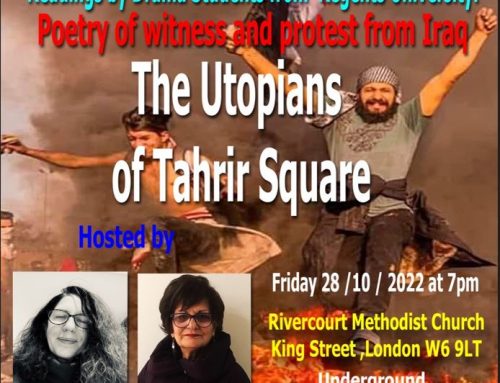It was also selected for Radio 4’s ‘Pick of the Week’ programme.
It was a clear morning when a chartered Ethiopian airline plane landed at London Heathrow. Over a hundred of us: exhausted Afghans, including men, women and children, got off the plane and entered a secluded part of the terminal. Trying to prepare my children for quarantine, I said to them: “Our journey is not over yet.”
They already had seen a lot during the evacuation, perhaps too much for their age. The oldest is only 12. Babies passing out from dehydration; a woman falling in the sewage canal while trying to cross a narrow bridge. Like me, they were humbled by the caring treatment of people throughout this journey.
It was the second time I had to abandon my home country because of the Taliban, and on both occasions I came to the UK. The first time was back in 1999 when I was working for an aid agency. Some of my friends and colleagues were harassed and arrested by the Taliban. But this time around it was different. The twenty years of freedom and progress we had, since the Taliban were defeated, with all their flaws – fell like a house of cards. I felt as if my life was a sandcastle suddenly washed away by the waves.
At Heathrow airport there were nearly as many civil servants as newly arrived refugees. They were handing out water and snacks, responding to urgent medical needs, and processing paperwork and biometrics. I had travelled from Kabul with a large group of my BBC colleagues and their families. Some of the families arrived with passports, but many just had identity cards or an email from the Foreign Office. The quarantine hotels across England were soon filled to the brim as more planes landed on British soil.
Since we landed, we Afghans have been communicating through social media groups, sharing our experience of the culture shock, from the length of daylight to the weather and food.
One member posted her reaction to smoked salmon: “I keep getting this thin layer of pink flesh inside bread for breakfast.” Another posted a picture of porridge on the social media group. “What is this half-ground wheat soaked in milk and honey?”
My family and I were quarantined in a hotel close to the airport. An Afghan man I met there during one of the breaks we were allowed in the car park asked me to translate something for the hotel staff – that back in Afghanistan we only serve boiled vegetables to elderly people with health conditions.
We spent four weeks in quarantine hotels, waiting for permanent accommodation. My son called it ‘five star prison’. But he is old enough to appreciate that we have reached safety. Two days after we left, 160 people died at Kabul airport when suicide bombers targeted the crowd. Hundreds of Afghans in some camps in Qatar have been put in a huge tent with one bathroom and little food. And there are those who could not manage to escape at all.
Survival may be a blessing. But it’s also the beginning of pondering and reflection, the vast sea of unknowns before you. It cannot relieve the strain of feeling uprooted nor end the worry about loved ones left behind. Throughout the journey I’ve heard many laments: about leaving behind a teenager, a disabled child, or an elderly, lonely mother like I did.
As Afghans, many of us believe the US intervention had been in good faith. However, everyone agrees it was poorly administered and wrongly concluded.
For us Afghanistan – with its 20 year journey to prosperity is fading into the realm of history. In time, we will be narrating the whole surreal story to our descendants. Once upon a time, an empire decided to take on a country on the pretext of hunting down the leader of Al Qaeda, who happened to be elsewhere. Over a trillion dollars and thousands of lives later, the empire threw in the towel and accepted its defeat by a group of motorcyclists with guns.
But we have to go on. As refugees in the UK, our prospects cannot be any gloomier than the British weather. We will get food and shelter. In time, we will contribute to the economy. Our children will get education and pursue their dream careers. The perpetual apprehension of life under the Taliban fades into a memory, a memory that defines who we are.




